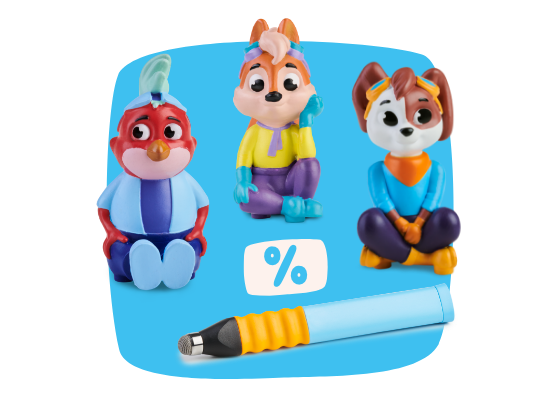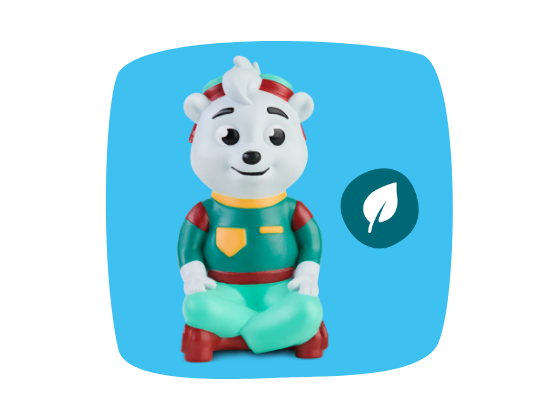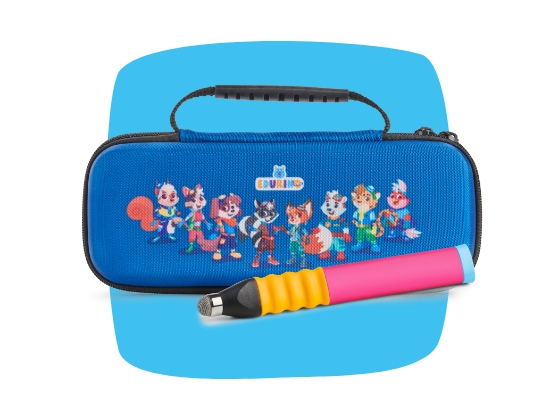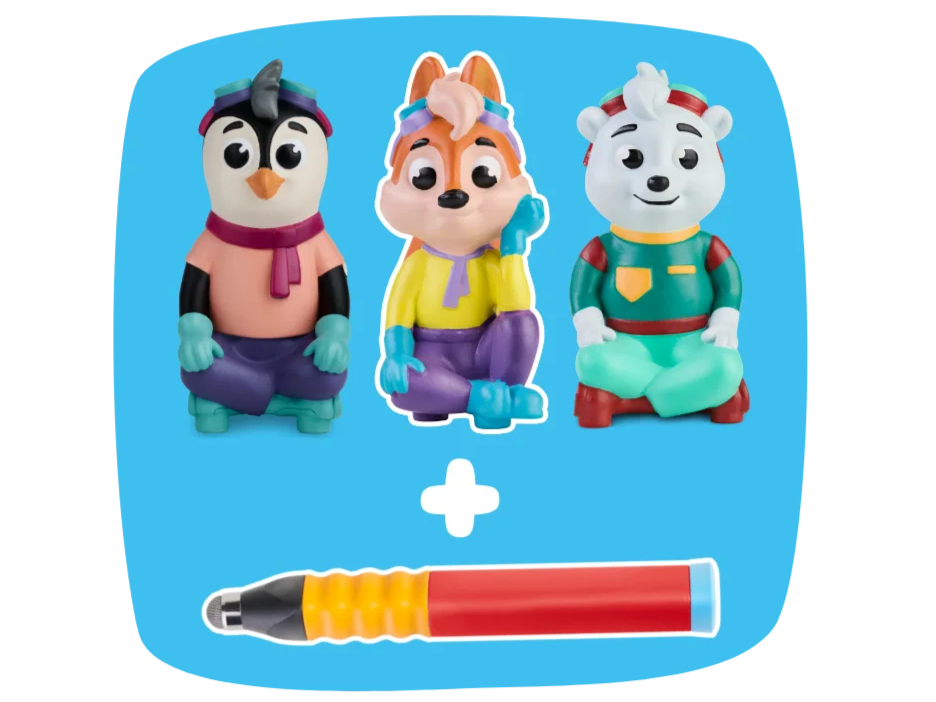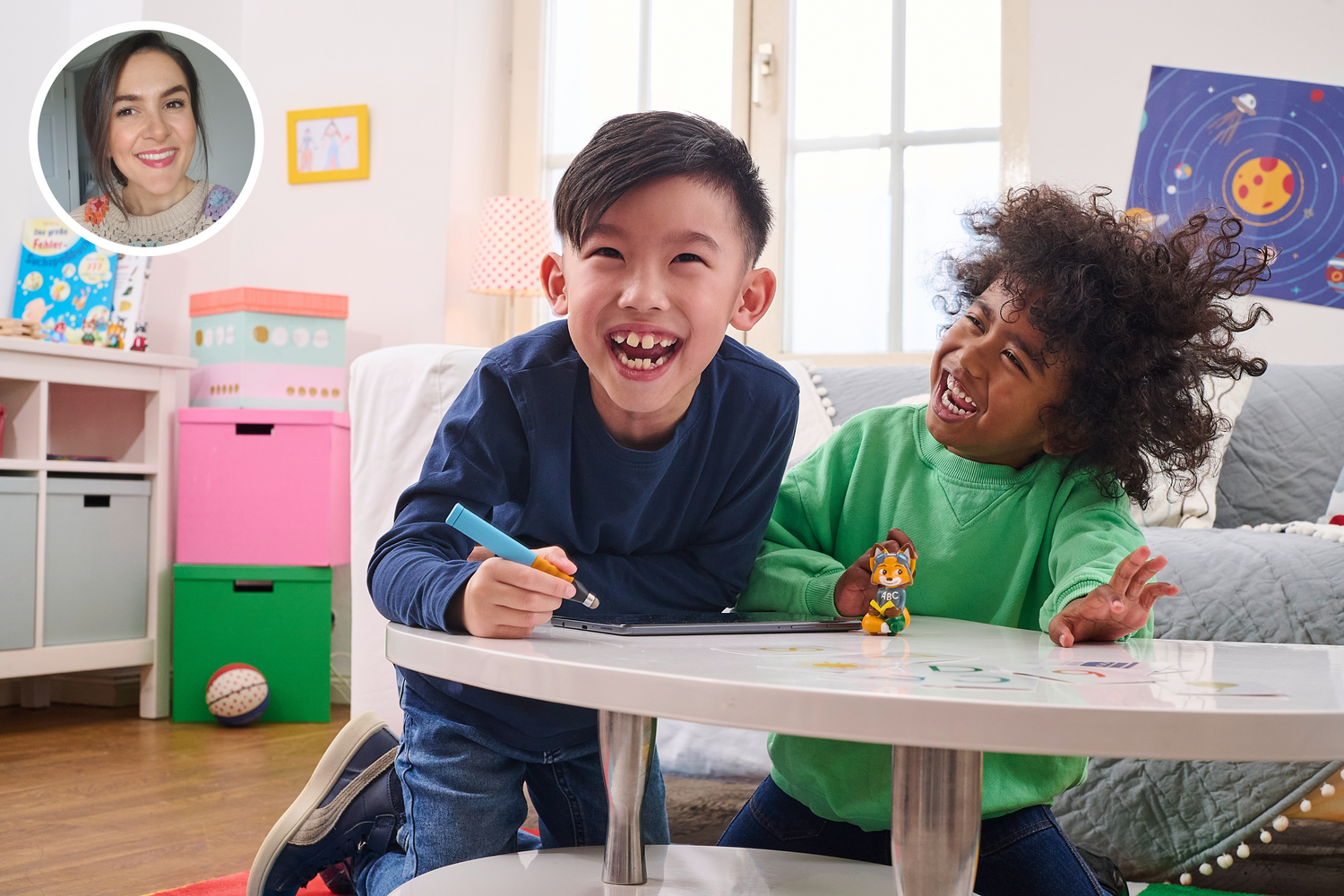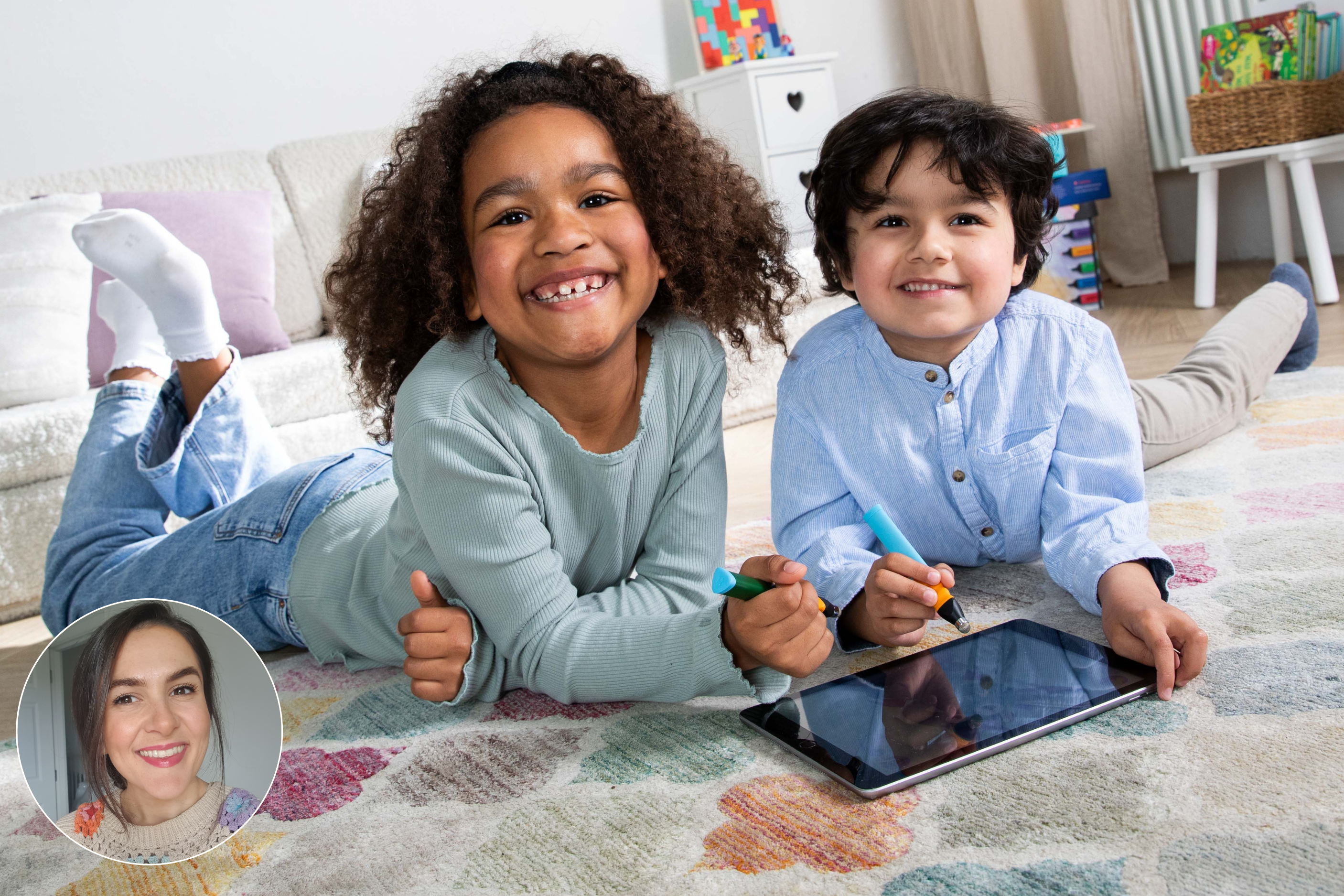One of the hardest things about sending your child out into the big, wide world (aka school)? The unwritten rules of the playground. Making—and keeping—friends can be complicated even for adults. Even more so for preschoolers. And as a parent, it's heartbreaking when your child is excluded or finds themselves in the middle of drama.
But here's the good news: You can help. There are emotional skills that underpin a child's ability to form and maintain meaningful friendships, and you can support them in developing them. Building your child's emotional intelligence will give them the tools to navigate the ups, downs, and inevitable "you're not invited to my birthday party" dramas with poise. They'll build stronger connections, stand up for themselves, and, most importantly, bounce back more quickly when things go wrong (and they will).
Strengthen their emotional resilience now—it could save you a lot of playground diplomacy in a few years.
Here are 4 practical strategies to help your child build lasting friendships:
1. The first 15 seconds
The first few seconds of a new encounter are often the most difficult. When you're on your way to the playground, swimming lessons, or another opportunity to meet new people, your child might ask, "What can you do when you meet someone new?"
Talk about the courtesy of smiling and saying "hello," and brainstorm some questions to ask. If your child is feeling confident, you could even challenge them to say "hello" to someone new that day. And if they don't respond? No problem. Not every encounter turns into a friendship—and that's perfectly fine.
2. A “Yes” day!
Does your child have difficulty speaking up in social situations or standing up for themselves? Self-confidence isn't something we're born with—it's something we develop. And let's be honest: Bravely approaching a new kid on the playground or asserting yourself in a fight over the next slide takes a lot of courage.
Try it at home: Create opportunities for your child to take the lead—for example, by planning a family outing. This way, they learn to make decisions, justify their reasons, and realize that their ideas count. Encourage the family to get involved in the plans—and after a great day, your child will see in black and white that they're capable of more than they might have thought.
3. Build their emotional vocabulary (and emotional intelligence)
One of our most popular learning worlds, “My Feelings with Leo,” supports children in precisely this: First, they learn to name feelings, describe how they feel in their bodies, recognize them in different situations, and develop strategies to deal with them.
Children who understand their own emotions well find it much easier to form genuine friendships. Because those who can classify their own feelings also begin to better understand the emotions of others. In short, those who learn to manage their own emotions are also better able to respect the feelings of others – an important foundation for strong and long-lasting friendships.
Through stories, challenging games, and creative activities, Leo's colorful learning world in our educational app has been proven to boost children's self-confidence, help them regulate their emotions, and promote the development of lasting friendships. Many parents report noticing a visible change in their child after just two weeks.
4. The art of dating
Friendships take time—and opportunity. Research shows that it takes 40 to 60 hours for an acquaintance to develop into a casual friendship. For a close friendship, it takes almost 200 hours.
So create opportunities for shared time: play dates, sports clubs, theater groups, or regular get-togethers at the playground. The more opportunities your child has to spend time with others, the easier it will be for them to build deep friendships.
